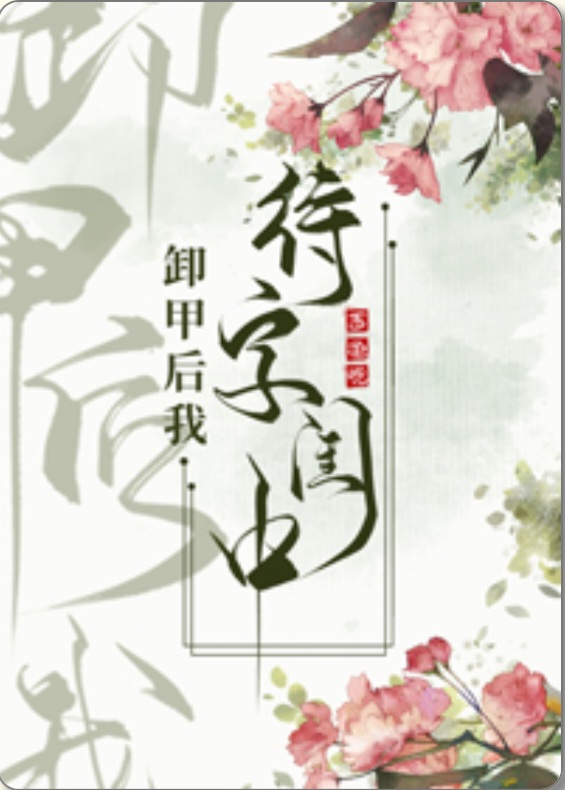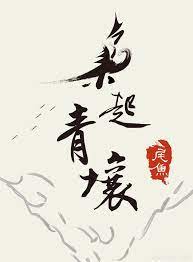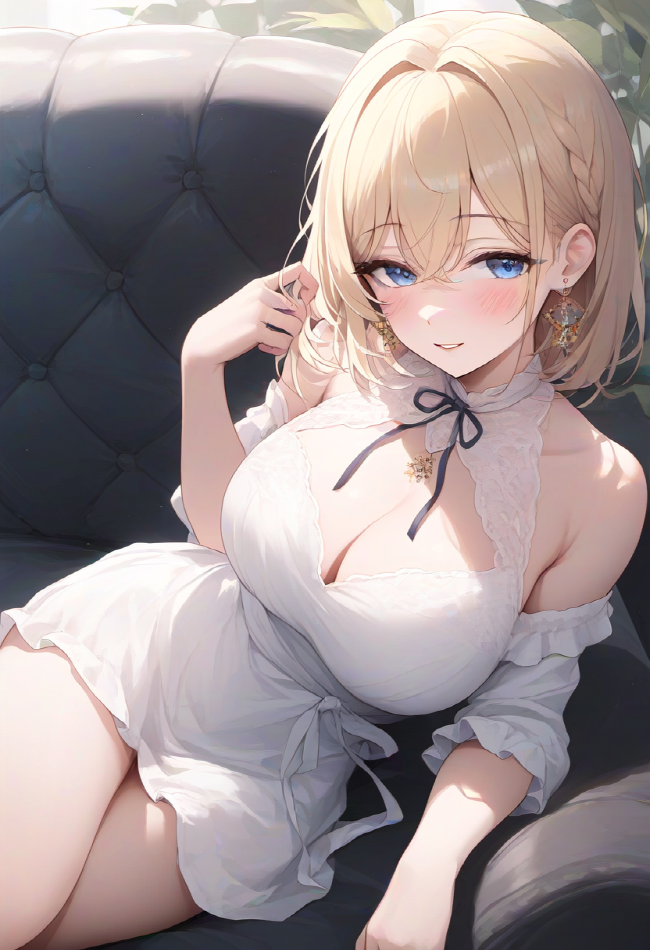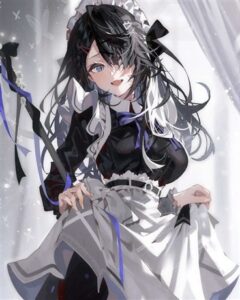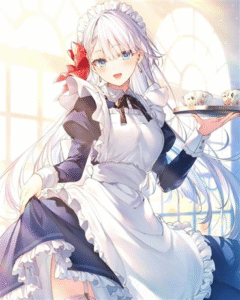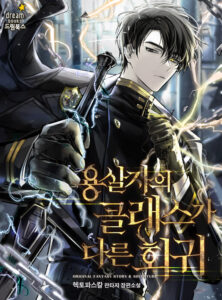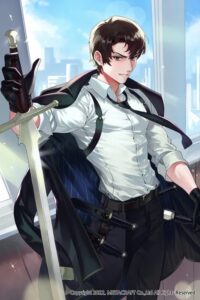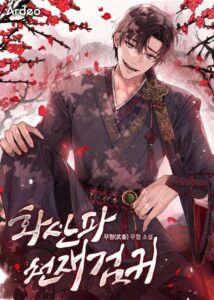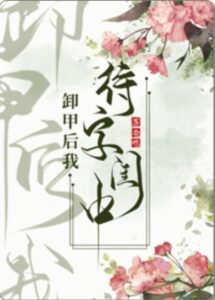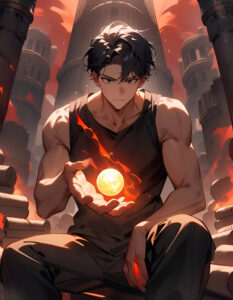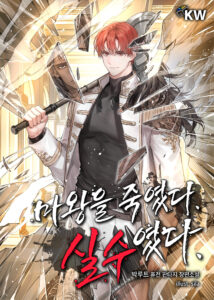“They actually want to sacrifice unmarried girls, burying them alive outside the city. This is madness!” Miss Qi stormed in to see Gu Fu, too angry to sit still.
The day the so-called “half-immortal” mentioned sacrificing unmarried girls, he was immediately met with scorn and curses. After all, no one wanted their daughters to become sacrifices.
Someone even got so furious that they stabbed the half-immortal, but he was completely unharmed—not a drop of blood was shed—further proving his supposed powers.
The half-immortal also claimed that the imbalance of yin and yang would inevitably lead to chaos in the capital. Since the capital was the nation’s core, if it couldn’t maintain peace, it would shake the very foundation of the country.
After he finished speaking, thick white fog appeared from beneath his robes, and when the fog dispersed, the half-immortal had vanished without a trace.
However, before he disappeared, the half-immortal had warned that sacrificing girls within the city would only exacerbate the imbalance of yin and yang. Consequently, the emperor ordered the gate guards to secure all city gates, forbidding anyone from taking any girl out of the city for any reason, to prevent anyone from actually going mad and burying unmarried girls alive outside the city.
But this was not a long-term solution. After the half-immortal’s disappearance, strange events in the city continued to occur. Some extreme individuals, frustrated with their own misfortunes, began to blame the imbalance of yin and yang for their problems, going so far as to incite their neighbors to sacrifice their unmarried daughters outside the city.
Miss Qi had been running around these days. She told Gu Fu that girls with marriage engagements were somewhat better off; their future husbands’ families would help protect them by advancing the wedding date. However, those without betrothal arrangements were in dire straits, living in constant fear and crying their eyes out.
Their families, desperate and at their wits’ end, came to her asking if she had any kind of “fake death” medicine to save their daughters’ lives.
The chaos continued for two days. During these days, the court was also in uproar. Some advised the emperor to prioritize the overall situation, while others argued that using human lives for sacrifice was against the heavens. Some even suggested a city-wide search for the half-immortal, hoping there might be another way to resolve the situation.
On the third day, Fu Yan, who had never attended court before, appeared for the first time and proposed an alternative solution to the emperor. He said that while the half-immortal’s claims were not without merit, sacrificing unmarried girls was not the only option. Instead, he suggested selecting over a hundred unmarried girls and having them live near the imperial city for an extended period. This would weaken the yin energy over time.
Fu Yan spoke lightly of the idea without explaining the principles behind it, presenting it as if it were up to the others to believe or not. After speaking, he left the palace and returned to Qitian Tower.
The news quickly spread outside the palace, and everyone from high-ranking nobles to common traders discussed it. Just when people were beginning to doubt the feasibility of this method, the long-missing half-immortal suddenly reappeared in a tavern. Upon hearing the news, he stood in place for a long time, enough for people in the tavern to recognize him, before finally speaking and asking to be taken to the edge of the imperial city.
People had no choice but to comply, following him around the city. Eventually, the half-immortal stood in front of a newly built garden, clapped his hands in realization, and laughed.
“Using dragon qi as a cover to confuse yin and yang—this method is truly ingenious! Brilliant!”
At this moment, many people had gathered behind the half-immortal. Hearing his praise of the method, everyone was shocked—could this really work?
They were about to ask the half-immortal for confirmation when he already laughed heartily and flew away. The crowd chased after him but, after turning a corner, lost sight of him.
On the rooftop at the corner, Si Ya nudged the Secret Cabinet guard who had taken him up and asked quietly, “So, how did I do? Was my performance convincing?”
The Secret Cabinet guard did not respond. Si Ya sighed and said, “Why is it that none of you talk as much as my junior disciple? This won’t do; you won’t find a wife like this!”
The guard wanted to remind Si Ya that the Imperial Preceptor already had Marquis Zhongshun, but thinking that any response would only lead to endless chatter from Si Ya, he swallowed his words.
That afternoon, rumors about the half-immortal supporting the Imperial Preceptor’s method evolved into several versions. The most exaggerated version claimed that the half-immortal admired the Imperial Preceptor’s skills and felt deeply ashamed for nearly causing the deaths of many girls in the capital. As a result, he committed suicide by sword as an apology, and afterward, a crane came and carried away his body.
The story was told with great detail.
The next day, the emperor mentioned this matter at the morning court. He said that the garden where the half-immortal had stopped was under the empress’s name. The empress was willing to vacate the newly built garden to accommodate over a hundred unmarried girls for the peace of the capital.
The empress also wrote a memorial proposing a change of approach. Instead of stating that imprisoning over a hundred unmarried girls was for balancing yin and yang, she suggested that a girls’ academy be established. The academy would select over a hundred high-born young ladies to study and cultivate, with the condition that they could return home during their monthly breaks and leave the academy when they reached marriageable age. New, younger girls would be admitted to maintain the academy’s numbers.
To prevent unnecessary suspicion and panic, the empress personally arranged for the Princess Ruiyang to be among the first to be admitted to the academy.
Although some ministers were initially worried that their daughters might be among the “over a hundred” and thus be confined near the capital without seeing the outside world, they were reassured by the empress’s memorial. Many ministers started to view the situation favorably, thinking that since the empress had included the Princess Ruiyang, the remaining girls would likely be selected from official families. Sending their daughters to the academy would not only ensure their safety and normal marriage prospects but also allow them to be classmates with the princess, thereby earning a reputation for self-sacrifice and public service.
So, the girls’ academy swiftly overcame the challenge of establishing itself against opposition and received enthusiastic support from the capital’s aristocracy.
Some even said that since all imperial scholars are called “the emperor’s students,” the girls at the Lingxi Academy were essentially the empress’s students. Who wouldn’t want to have some connection with the imperial family?
The emperor even specially invited the national teacher to name the academy. The Imperial Preceptor inscribed the characters “灵犀书院” (Lingxi Academy) in large calligraphy, which was made into a plaque and hung at the entrance of the newly established academy on the edge of the royal city.
However, there were many unmarried girls in the capital, and the relationships among the families were complex. To better select the students, the empress held interviews in batches over several days, and finally, after seven days, the first group of students for the academy was selected.
Interestingly, from the day those over a hundred girls moved into Lingxi Academy, the strange occurrences in the capital ceased abruptly. The city returned to its former tranquility.
…
As the weather grew cooler, on the day Mu Qingyao’s father and brothers returned to the capital, Gu Fu took a day off from the academy. The students selected for Lingxi Academy were divided into two age groups: those around fifteen to seventeen years old, similar to the Princess Ruiyang, and younger girls aged ten to twelve. Both Gu Fu and Mu Qingyao were excluded due to their ages.
However, the empress had appointed Gu Fu as the supervisor to assist with managing the academy. Despite her young age and unmarried status, Gu Fu, being the Imperial Preceptor’s fiancée, faced no opposition to her role as supervisor.
Once the academy’s management system was established, Gu Fu would also take on the role of martial arts instructor. There were very few women skilled in martial arts in the capital, and training in martial arts, unlike literary studies, involved physical contact for corrections. The empress selected several martial arts instructors, eventually deciding to first find women from military families skilled in archery and horse riding to teach the basics, and then let Gu Fu teach advanced martial skills.
Gu Fu had already planned her future. She was willing to dedicate the rest of her life to the academy, working with the empress to adjust the students’ ages and expand their numbers, gradually shaping Lingxi Academy into their ideal institution. Once the academy was stable, they could use it as a model to establish additional academies beyond the capital, and then even more.
Unlike Gu Fu, Mu Qingyao, no longer required to attend court as a companion, spent all her time at the Mu residence. She counted the days eagerly, clearly anticipating this moment with great impatience.
Therefore, Gu Fu took time off from the academy on the day Mu Heng returned to the capital and went to the palace. As expected, after Mu Heng entered the city with his family, he first sent his new wife and young daughter, whom he had married in the northern border, back to the Mu residence. He then went to the palace with his son, Mu Shaoqing, to meet the emperor.
Seeing that the time was right, Gu Fu went to wait at the palace gate.
Gu Fu, dressed in men’s clothing and leading a horse, waited for about fifteen minutes before Mu Heng and Mu Shaoqing finally arrived.
The father and son recognized Gu Fu’s back and were struck with a sense of familiarity. When Gu Fu turned around, they first thought their eyes were deceiving them and then looked on in shock, as if they had seen a ghost in broad daylight.
Mu Shaoqing, in particular, pointed at Gu Fu, stammering, “Gu, Gu…”
Before Mu Shaoqing could finish saying “General,” Gu Fu approached them and greeted, “Uncle, Cousin, long time no see.”
Mu Heng wasn’t foolish; linking Gu Fu’s appearance with the name and the way Gu Fu addressed them, he quickly understood who Gu Fu was. Despite this realization, he was still deeply shocked and nearly returned a bow meant for someone of equal rank.
The two were utterly dumbfounded. Their servants from the northwest brought their horses over. Gu Fu instructed them to mount, and they obediently did, following Gu Fu towards Quyu Lane.
Along the way, a Mu family servant noticed that the route was unusual and reminded, “Master, Young Master, this isn’t the way home.”
Mu Heng and Mu Shaoqing both looked at Gu Fu, who was leading the way. Gu Fu turned around and said, “Of course it’s not the way home. Aren’t you going to pick up Qingyao from the Gu residence?”
Mu Heng replied, “Yes, yes, we should go pick up Qingyao first.”
The servant interjected again, “Master, don’t forget that the Madam is at home, tired from the journey and not feeling well. She’s waiting for you.”
Before Mu Heng could respond, Gu Fu sneered, “Uncle, your servants are quite perceptive and seem to have quite a lot of say, even managing the master’s affairs.”
Mu Heng was used to treating Gu Fu as the commander of the northern army. He struggled to adjust to the situation and didn’t see any issue with Gu Fu reprimanding his servants. He even began to blame his wife for the situation.
Mu Heng had long known that his new wife had a habit of bribing those around him to gain favor, but he had always indulged her because he enjoyed her affection. It was evident that this indulgence had led to her thinking she could control everything, even obstructing him from picking up Qingyao.
Gu Fu continued, “Qingyao misses you a lot. Although the Gu family has not treated her poorly in the capital, she’s still living under someone else’s roof, and there are always those who think she’s easy to bully. Last December, when I first came back, I even witnessed her being pushed into the lake by a daughter of Earl Lin’an’s family.”
Mu Shaoqing suddenly turned to Gu Fu in shock and exclaimed, “What?!”
Mu Heng also gritted his teeth, “How dare they!”
Gu Fu added, “Qingyao probably won’t tell you these things herself, so I’m telling you now. I hope you don’t assume she’s had an easy time in the capital and think there’s no debt owed to her. And don’t ignore her feelings just because you have a new daughter and sister.”
If you enjoy my translations, feel free to consider supporting me on ko-fi! Thank you!
![]()
Release schedule: Every Monday.
Unlock chapters to read ahead!
